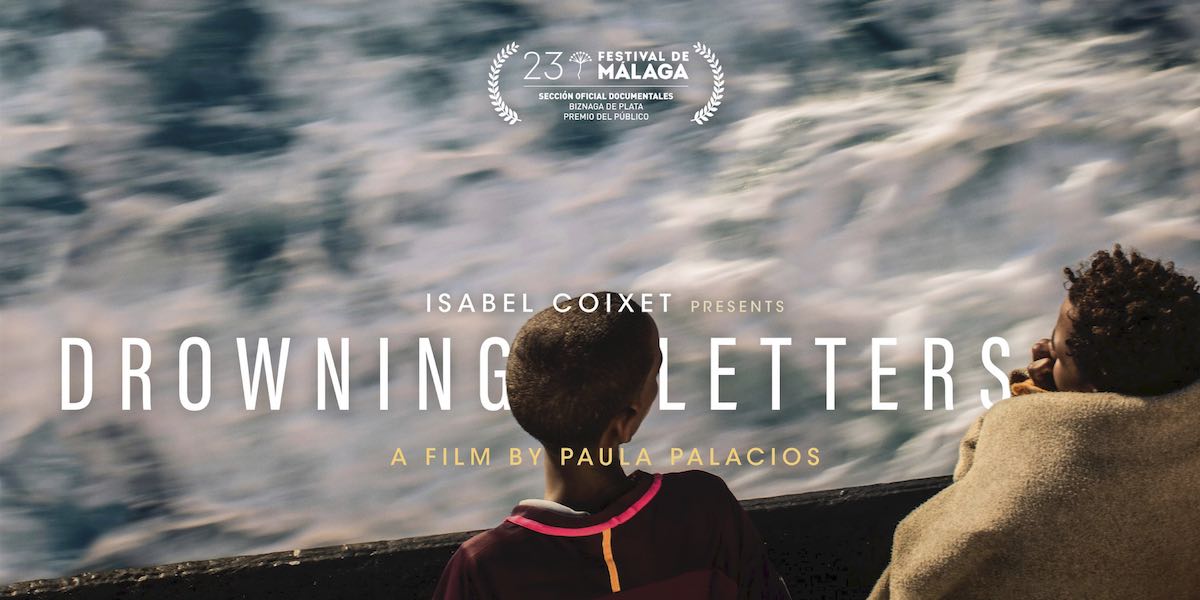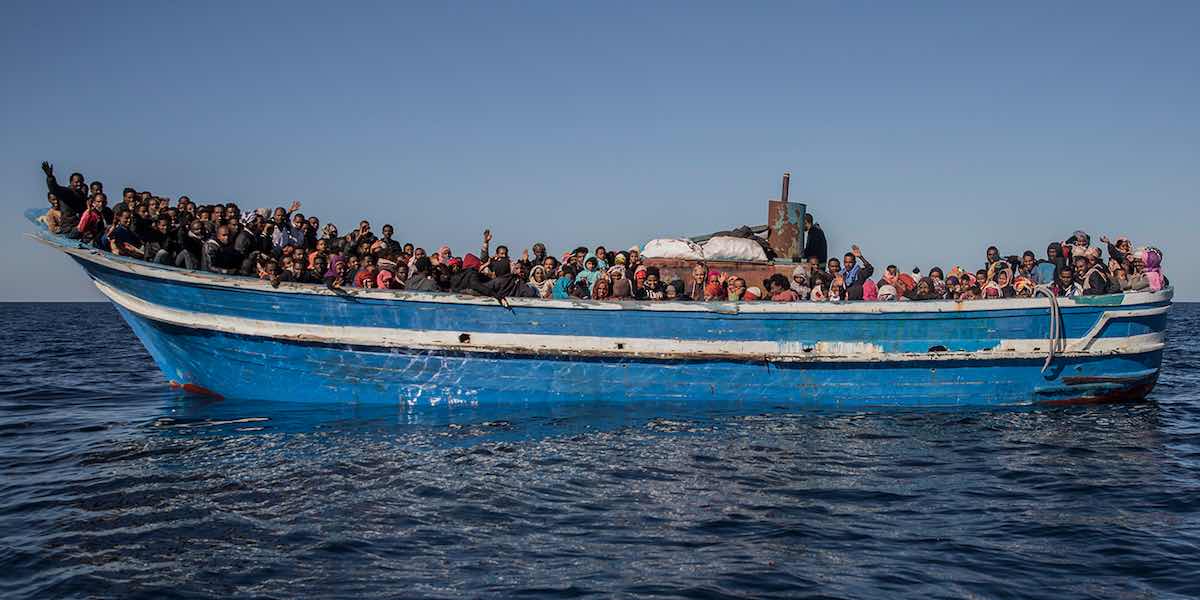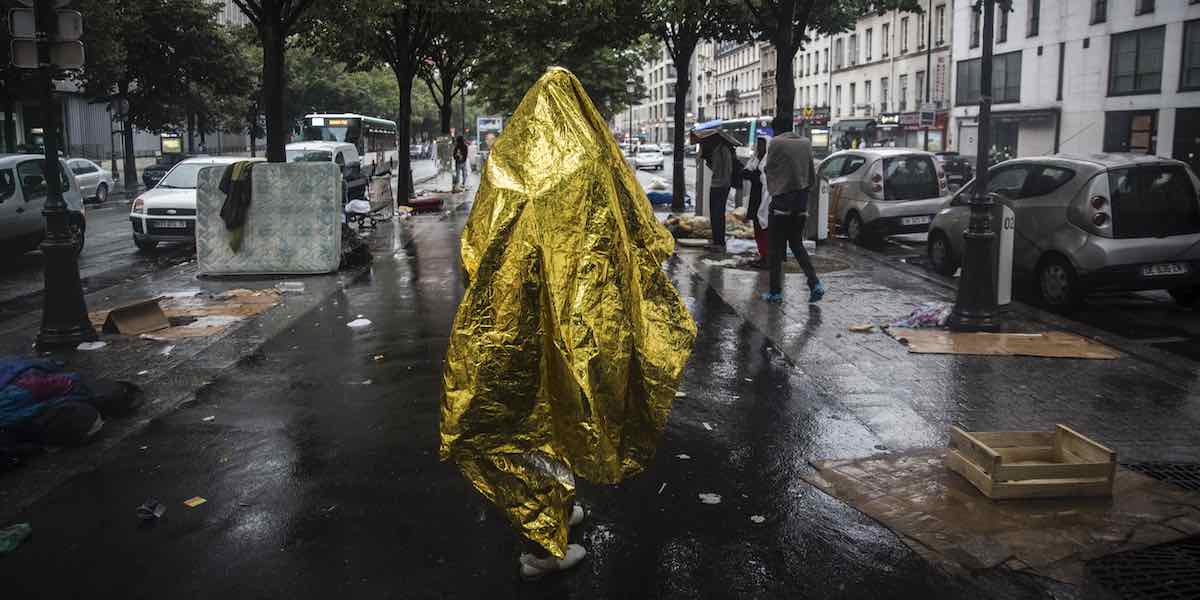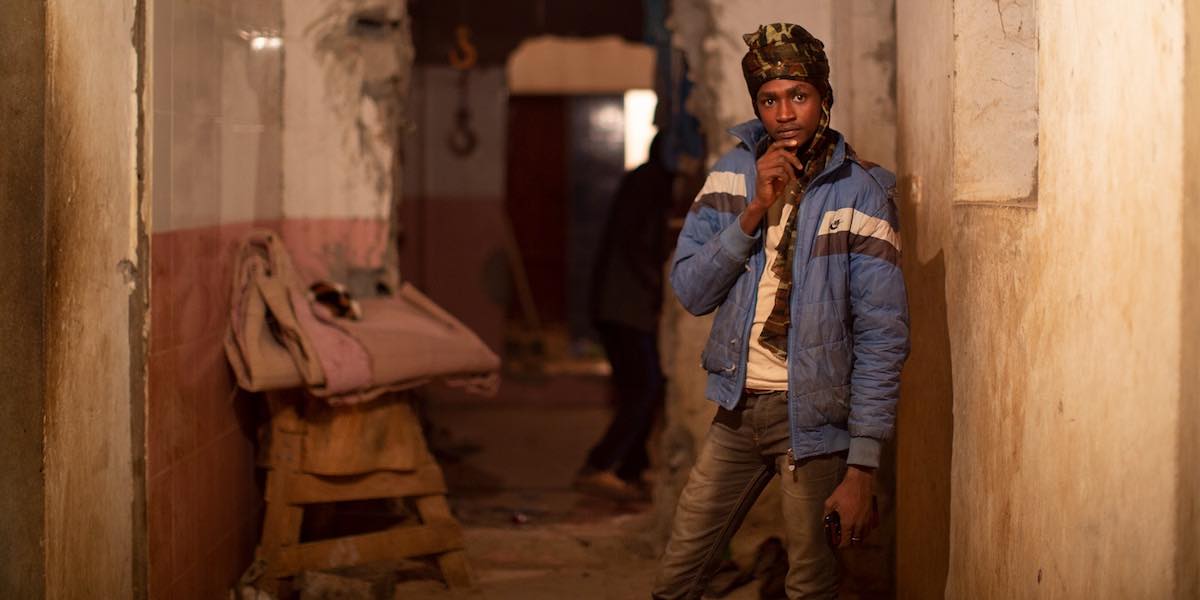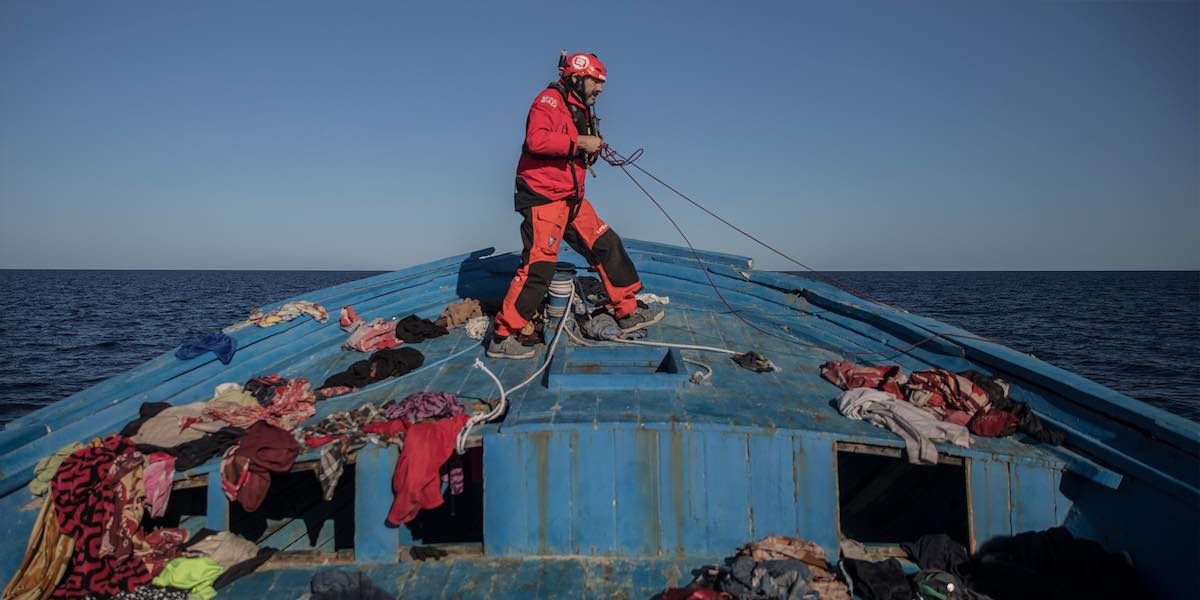Thousands of people risk their lives crossing the Mediterranean Sea every year in an attempt to reach the European shores. In her new film, renowned documentarian Paula Palacios sheds light on the urgent migratory crisis taking place today.
While a mysterious voice coming from the depths of the sea reads letters written by mothers to their children, Drowning Letters follows a rescue ship of the Spanish NGO Open Arms as it embarks on a dramatic mission to save the lives of 550 people stranded in international waters. The film also takes us aboard a Libyan Coast Guard military ship and shows us the most dangerous place in the world, Libya, where human beings are abused and enslaved.
Featuring unprecedented access and must-see images, Drowning Letters is an urgent and necessary film to understand one of the most tragic chapters in contemporary history.
